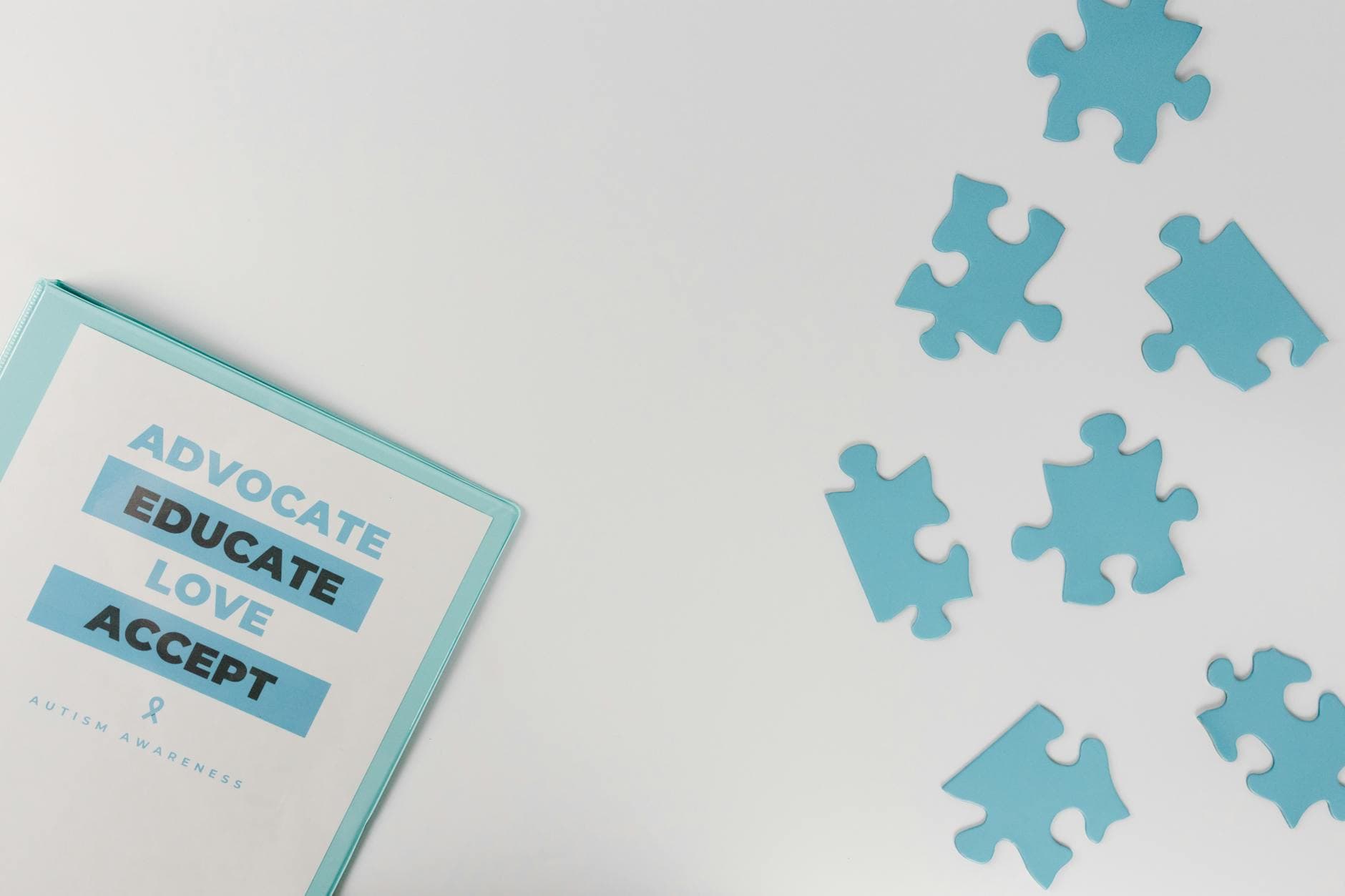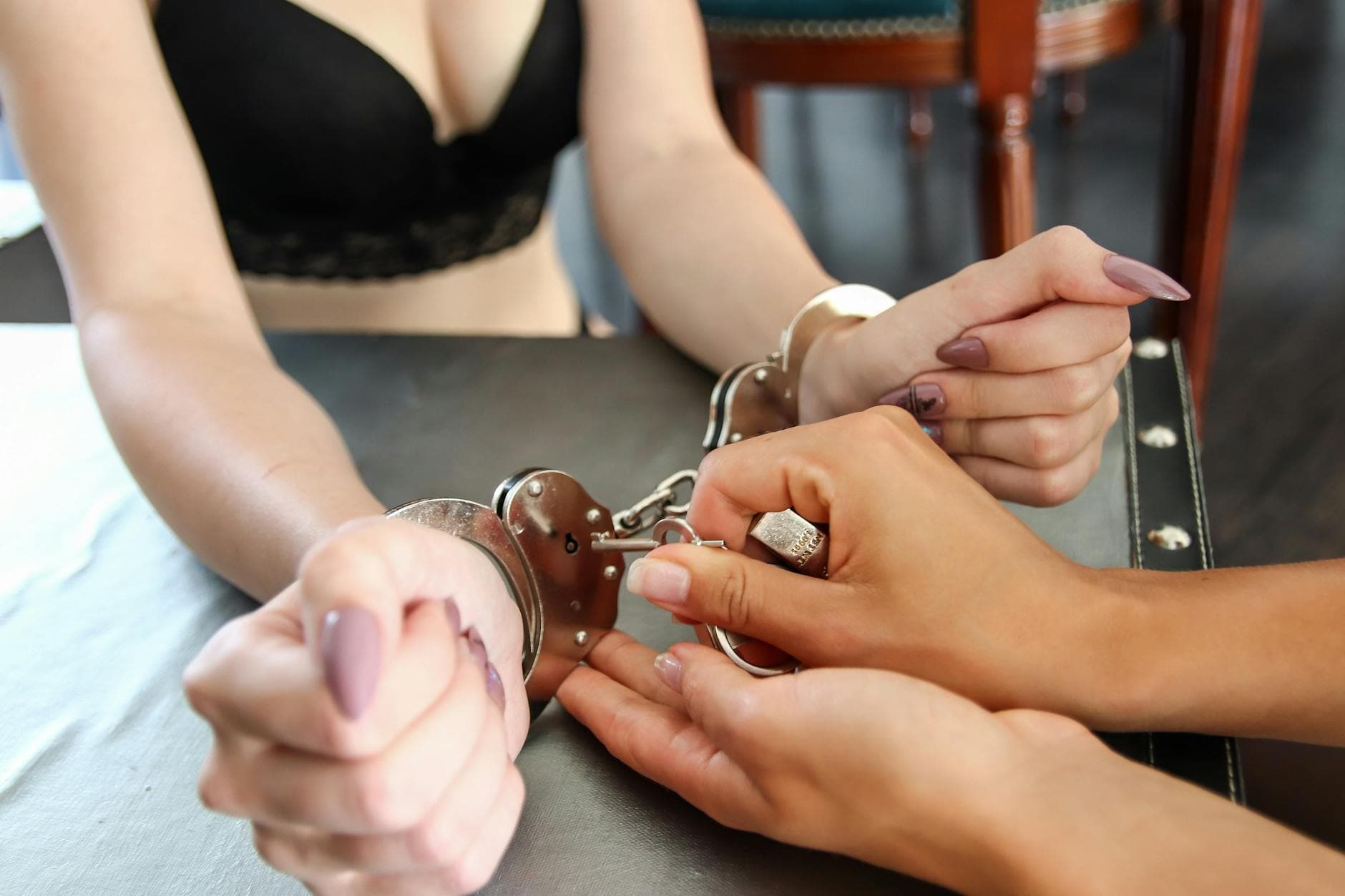
Introvert Dating Advice: Practical Tips for Finding Love & Connection
Seeking effective introvert dating advice? You're in the right place! This article dives deep into the world of dating for introverts, debunking common misconceptions and offering a fresh perspective. Forget the stereotypes – introverts aren't inherently shy or antisocial; they simply process the world differently. This guide is designed to empower you to navigate the dating scene authentically, making it work for you instead of against you. Discover practical tips tailored for introverted...













